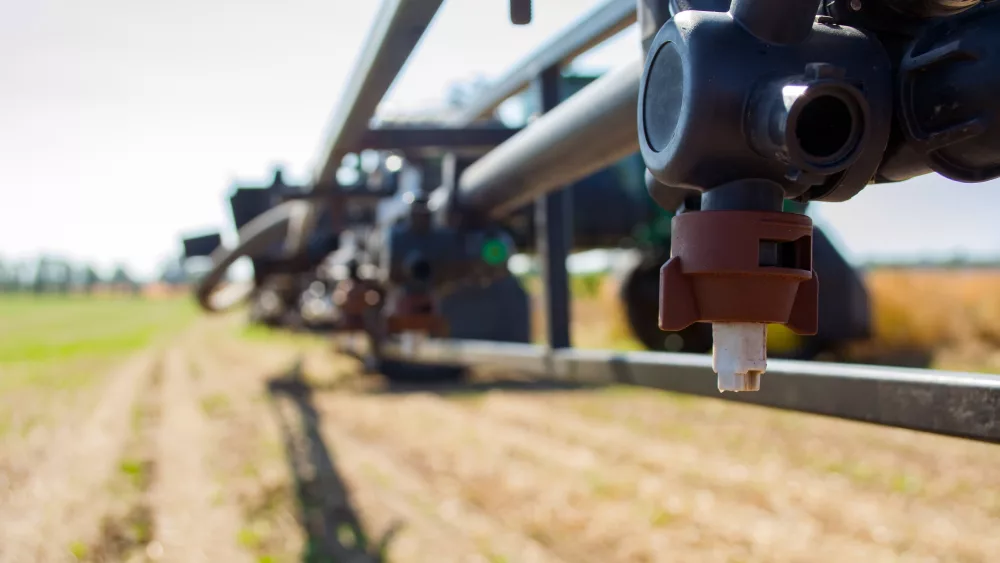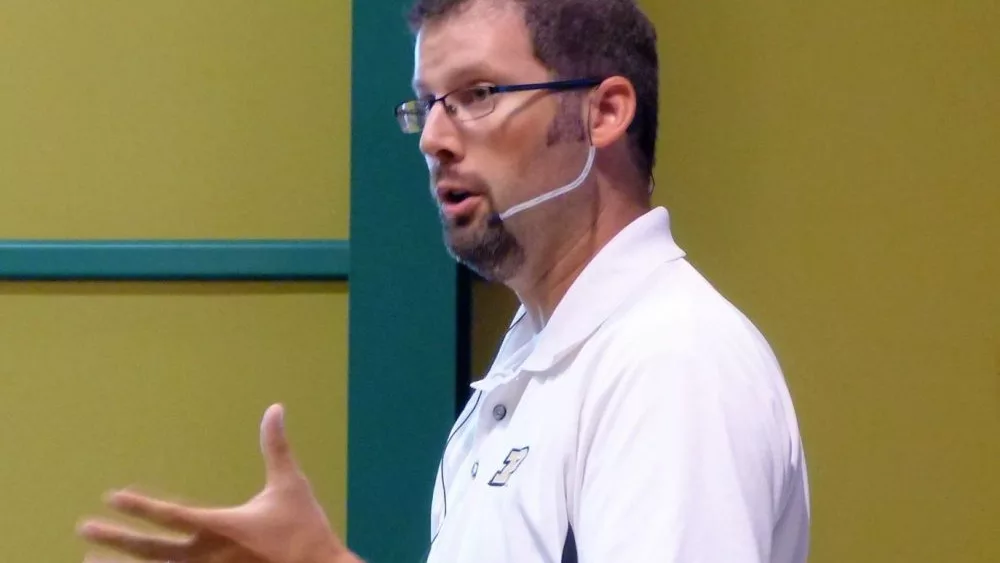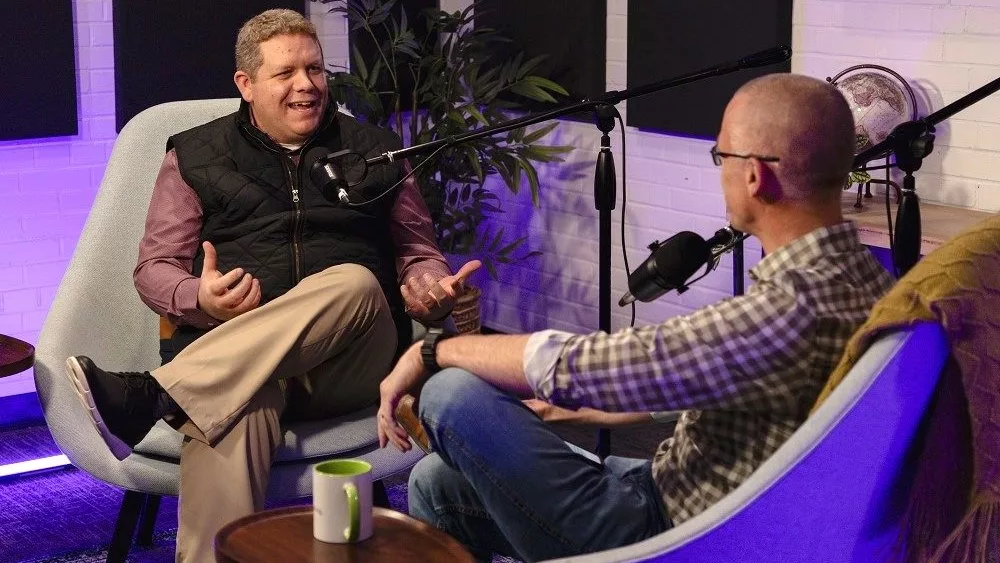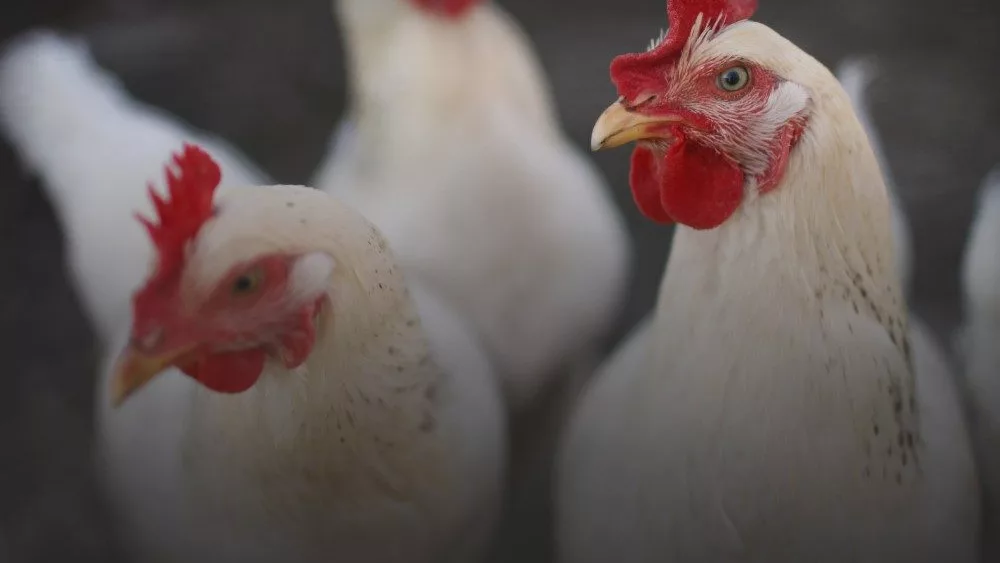It was dry over the weekend, but cool temperatures kept soils a bit too wet in most areas to get out and do much to prepare for planting. East Central Indiana Pioneer agronomist Brian Shrader says weeds aren’t helping with dry down either.
He says there’s often this prevailing thought of if you get out there and work the field, you can get it to dry out faster.
“And in theory, I think that sounds good. In application, it oftentimes doesn’t turn out that way. And with the number of weeds, especially the winter annuals that we have right now, I’m afraid that the size and the amount that we have of those weeds to go out there and just try to work the ground right now, I don’t know that we’re going to be very successful at improving our situation.”
Shrader says in order to fight this there will need to be some herbicide intervention.
“Specifically, I think glyphosate and 2,4-D is what’s going to be required. I understand that that will limit the amount of time it takes for us to be able to plant when it does dry up because you do need to wait on that label for 2,4-D to be able to go back in and plant, but I think that’s an important tool in our toolbox that we have to use if we’re going to try to get through these winter annuals and really have a good seedbed for corn and soybeans.”
The good news, if you want to look for the silver lining, is that it’s still early.
“Even with the need to wait because of a reentry interval on an herbicide application, we’re still well in our window to have very good, or have the potential for very good, corn yields in 2024.”
Hear more from Pioneer’s Brian Shrader in the full HAT interview below and get in touch with your Pioneer agronomist by visiting pioneer.com/findmyrep.





